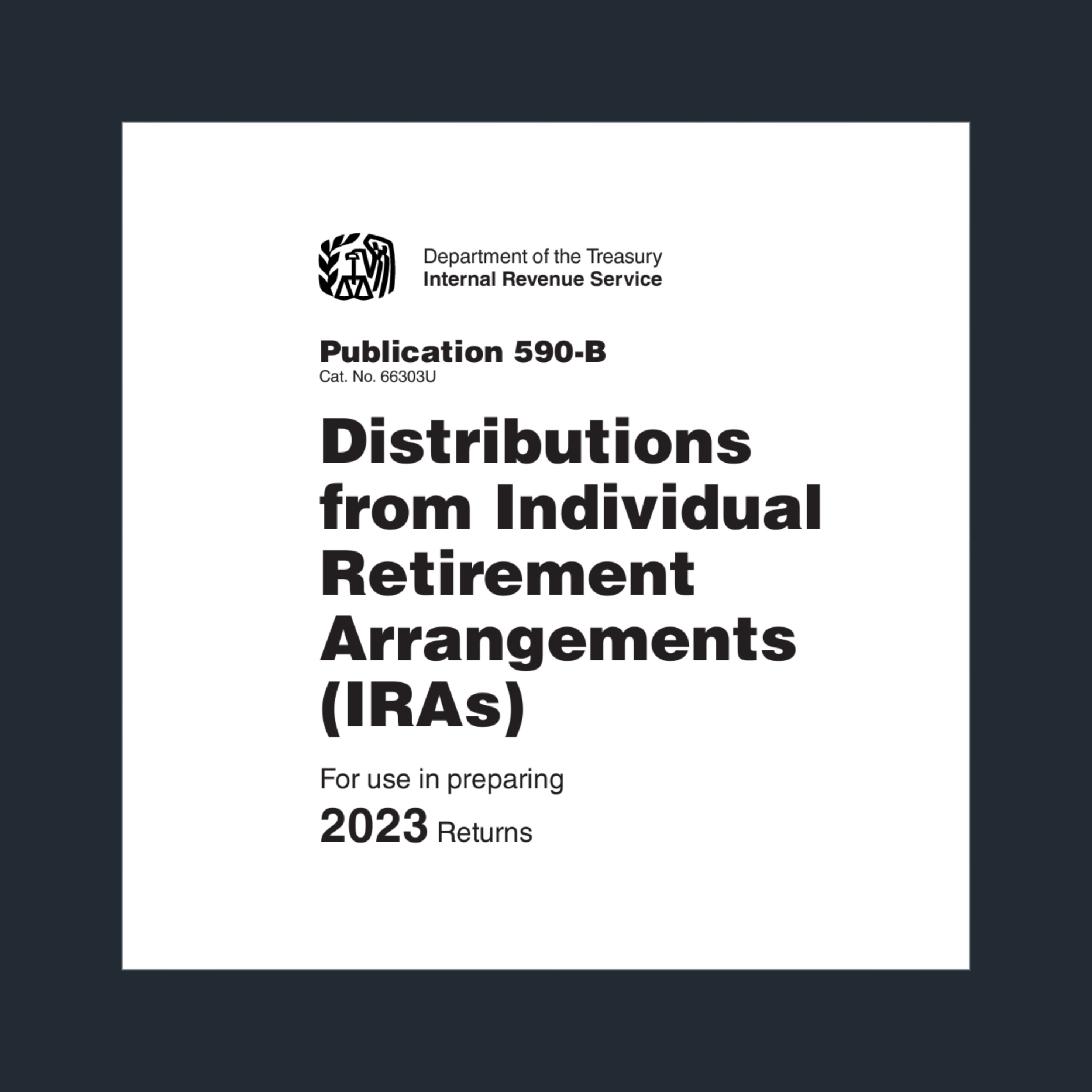JM LAW
the
BLOG
CATEGORIES:
ESTATE PLANNING ESSENTIALS
JM LAW CARES
ESTATE & TRUST ADMINISTRATION
RESOURCES
client updates

Contact us to schedule a Legacy Roundtable with you, your loved ones, your estate attorney, and your financial advisor. We’ll lead it for you.
KEEP READING

With the new academic year right around the corner, now is the time to review the changes to the Free Application for Federal Student Aid (FAFSA) process.
KEEP READING

The FDIC has changed the rules on how it insures your family’s trust.
Beginning April 1, 2024, the money held in the bank by your revocable or irrevocable trust will be covered under one rule.
KEEP READING

There is one constant in strategic estate planning: laws and regulations change every year. Here are three changes that may affect you.
KEEP READING

We hope you are looking forward to the holidays and the opportunity to relax and celebrate with friends and family.
KEEP READING

We are pleased to announce that Jessica Marchegiano, our founding attorney, has been named to the 2023 Top Lawyers list by Northern Virginia Magazine.
KEEP READING

The end of the year will be here before we know it. To help you get ahead, we’ve created a checklist of top-priority items to address before the year ends.
KEEP READING

The SECURE Act altered how a beneficiary of an IRA is required to take withdrawals. Because of this, it may be more advantageous to make a trust the beneficiary of an IRA.
KEEP READING
Serving clients throughout Virginia, Maryland, and Washington, D.C.
Disclaimer: Materials prepared by JM LAW, PLLC are for general informational purposes only. Educational material does not create an attorney-client relationship and is not an offer to represent you. You should not act or refrain from acting based on information provided.
©2026 JM LAW, PLLC. All rights reserved
site credits : photography
8180 Greensboro Drive, Suite 1100 | McLean, VA 22102 | (703) 956-5738

